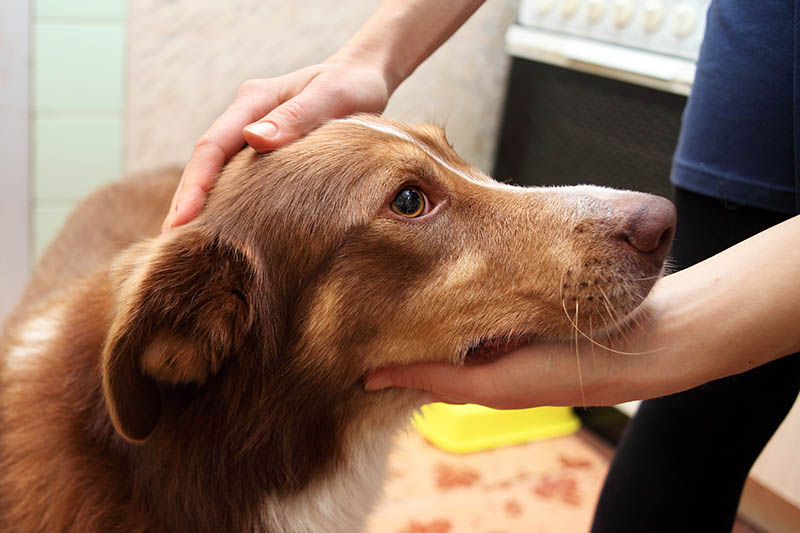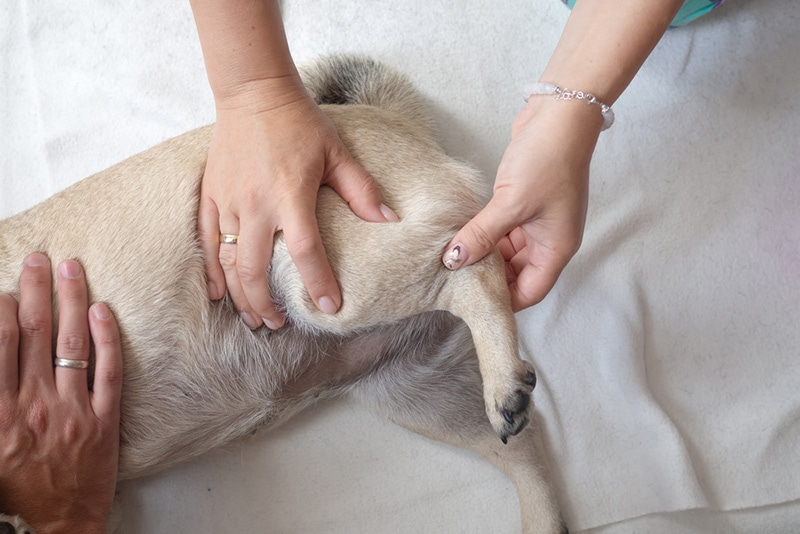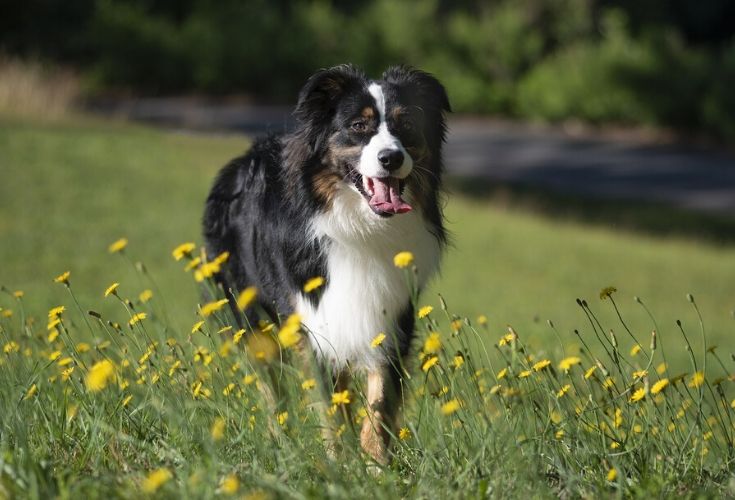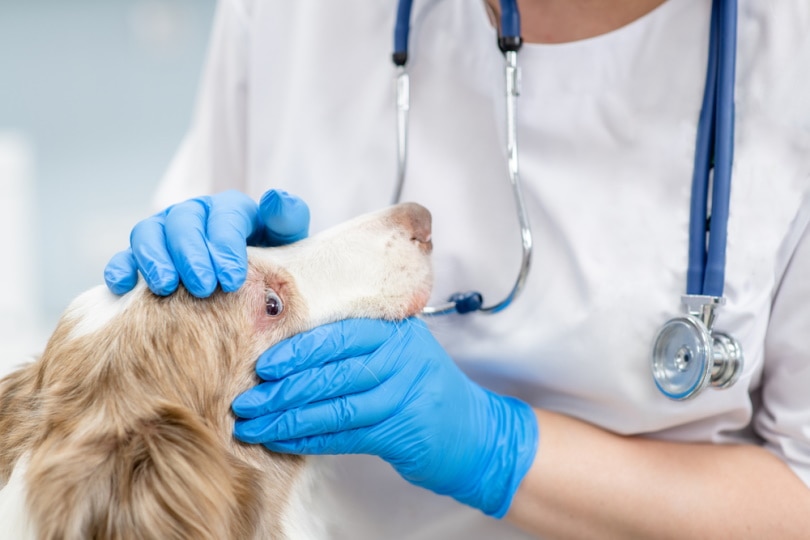Can Dogs Eat Prunes? Vet-Approved Facts & Safety Guide
By Grant Piper
Updated on

Prunes can have a lot of health benefits for people. They have plenty of fiber and vitamins that are beneficial. Many people also find prunes to be disgusting. But what about dogs? Can dogs eat prunes? Prunes are not toxic to dogs, but that doesn’t mean they should be eating them. Dogs shouldn’t eat prunes, they don’t make for a healthy treat, and eating too many can cause a number of problems for your dog. If you ever consider giving any human food to your dog, you should consult with your vet first since some of our foods are just not suitable for our furry friends.
Here is everything you need to know about dogs eating prunes, including whether they are toxic, the dangers of prunes, and what to do if your dog eats a prune.
What Exactly Are Prunes?
Prunes are dried plums. Most prunes are created from a specific variety of European plums. Not all plums can be turned into prunes. Most of the European plums turned into prunes are chosen because the pits easily come out during the drying process. French plums were brought to the United States, where they were planted and began to thrive in the Mediterranean-like climate of California. These trees continue to produce plums that are dried and turned into prunes.

Can Dogs Eat Prunes?
No, dogs should not eat prunes. Prunes have several nutrients that make them unsuitable for dogs. Prunes are very rich in sugar and fiber that dogs do not necessarily need. Prunes do not typically have pits, but if they do, they can be dangerous to small dogs.
Are Prunes Toxic to Dogs?
No, prunes are not toxic to dogs. However, prunes have no benefits to dogs as a food, and they do have some drawbacks. Prune pits can be considered toxic because they contain amygdalin that converts into cyanide when ingested. The pit must be crushed to release the toxin. If only one is ingested, it is unlikely to cause any issues; however, they can be dangerous in large enough quantities.

Dangers of Eating Prunes
Prunes can pose several dangers to dogs depending on the amount eaten and your dog’s size. Prune pits can cause an intestinal blockage, which can potentially be fatal. Prune pits do not break down in the stomach like other parts of the fruit. Prune pits can be especially hazardous to toy or small dogs.
Prunes can also cause digestive issues to your pup. Prunes are high in sugar and fiber. Dogs receive all the nutrition they need from their high-quality complete and balanced dog food and do not need to get any nutrients from additional food or treats. This means that prunes should not be offered to dogs, and if they manage to get hold of some, contact your vet and watch them for any negative digestive signs.
Since prune pits contain cyanide, they should also be avoided. Not all prunes have pits. Many varieties of prunes don’t have any pits at all. But the prunes that do have pits can be dangerous. That is especially true if your dog gets into a large quantity of them at once.
What Happens if My Dog Eats a Prune?
Nothing will happen immediately if your dog eats a prune or even two prunes. However, you should not make it a habit of feeding your dog prunes. Prunes offer no benefits for your dog, and you can find much better alternatives if you want to give your dog a fruity treat. If your dog eats a prune with a pit in it, depending on the size and age of your dog, you may need to contact your vet who will likely ask you to monitor them for signs of choking or intestinal blockage, or take them into the clinic. Worrying signs include gagging, vomiting, diarrhea, refusal to eat or drink, and the inability to poop.
If you spot your dog eating a prune, you don’t need to panic. One prune is not going to hurt your dog. Just be sure to keep them away from the purple goodness.

Conclusion
Dogs should not eat prunes. Many people think that since prunes have a lot of health benefits for people that they are also good for dogs, but that is simply not the case. Prunes are rich in sugar and fiber and may contain pits that can pose a foreign body hazard to your dog. If your dog eats a prune off the floor, it shouldn’t be a problem, but be sure not to offer any to them voluntarily.
Related Reads:












